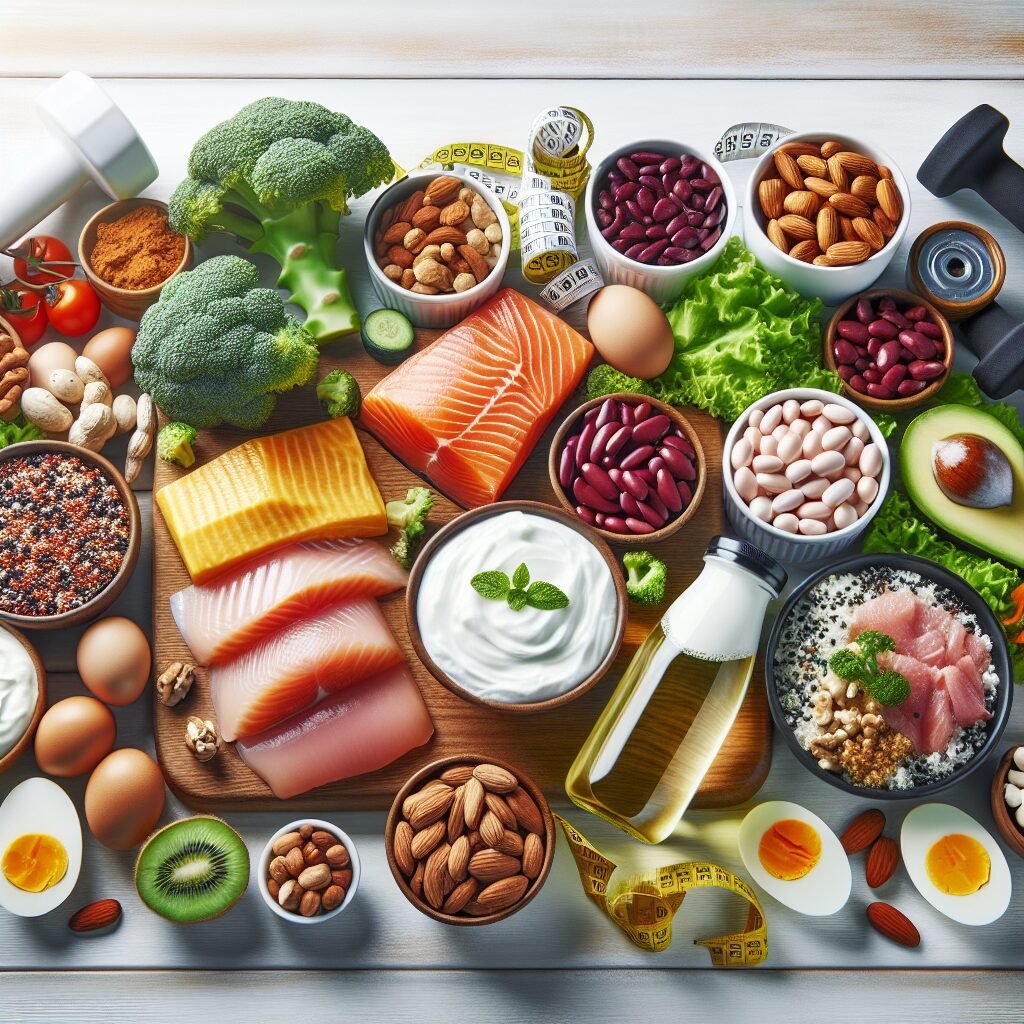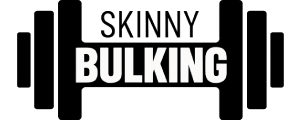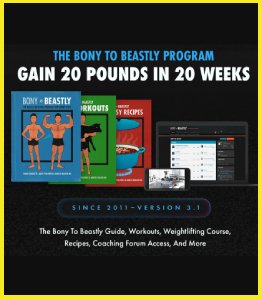
26 Muscle-Building Foods for Strength and Growth
Building lean muscle is a process that relies on both regular exercise and strategic nutrition, with a particular emphasis on high-protein foods supported by healthy fats and carbohydrates. Eating foods rich in protein is central to building and maintaining muscle mass while allowing your body to recover efficiently after resistance training and other forms of physical activity. The current evidence recommends consuming between 1.4 and 2 grams of protein per kilogram of body weight daily to maximize muscle growth, and pairing this with a modest calorie surplus and resistance training is considered the best approach for sustainable results.
Eggs stand out as a premier muscle-building food due to their high-quality protein content and an abundance of crucial amino acids, especially leucine, which is essential for stimulating the body’s natural protein synthesis. They also provide phospholipids, omega-3 fatty acids, cholesterol, and vitamin D, all offering support for overall health and muscle recovery. Salmon is another popular choice for muscle gain, delivering about 17 grams of protein per serving alongside omega-3 fatty acids and B vitamins. Omega-3s have a unique role in muscle function and may promote muscle mass, particularly in older adults where muscle loss is a concern.
Chicken breast remains a cornerstone of muscle-building diets thanks to its high protein content and generous supply of B vitamins, such as niacin and B6. These nutrients promote optimal energy metabolism during exercise and aid recovery, making chicken an effective option for those aiming to improve lean muscle and lose fat. Greek yogurt offers a blend of fast-digesting and slow-digesting proteins, with nearly double the protein content of regular yogurt. Its composition makes it ideal for post-workout snacks and as a nighttime recovery aid, helping to support muscle growth overnight.
Tuna is also a powerful ally for those targeting muscle gain, supplying ample protein, vitamin A, several B vitamins, and omega-3 fatty acids to support exercise performance and muscle health. Research indicates that tuna can help combat age-related muscle loss. Lean beef provides high-quality protein, B vitamins, and creatine, with leaner cuts minimizing excess calorie and fat intake. Opting for lean ground beef or similar cuts lets you enjoy muscle-building benefits without consuming unnecessary calories.
Shrimp qualify as nearly pure protein, high in leucine and ideal for those wishing to increase their intake without raising caloric intake substantially. Soybeans and other legumes like chickpeas and beans, though lower in certain amino acids compared to animal proteins, are excellent plant-based sources of protein, fiber, vitamins, and minerals such as iron and phosphorus—critical for oxygen transport and energy metabolism. Cottage cheese, particularly low-fat varieties, provides substantial protein and leucine which contribute directly to muscle construction.
Turkey breast is recognized for its high protein and very low fat levels, while tilapia offers significant protein and valuable micronutrients like vitamin B12 and selenium. Beans of all kinds serve as versatile muscle-building foods given their protein, fiber, and rich mineral content. Including protein powders, such as whey, casein, soy, pea, beef, or chicken, can help those needing to supplement dietary intake, although the focus should remain on whole foods when possible.
Edamame, the immature soybean, provides notable protein, fiber, folate, vitamin K, and manganese. Folate assists in processing amino acids and lends support to optimal muscle mass, especially in older individuals. Quinoa and brown rice are key carbohydrate sources for fueling activity and promoting the energy required to stimulate muscle growth. Quinoa is rich in protein, fiber, magnesium, and phosphorus, while brown rice supplies carbohydrates necessary for pre-exercise energy and effective performance.
Seafood choices such as scallops offer high protein for few calories. Lean jerky presents a convenient way to boost protein intake on the go, as most calories in jerky derive directly from protein due to the removal of most fat during processing. Plant-based options like chickpeas and peanuts combine carbohydrates and protein, with peanuts especially valuable for those struggling to meet daily calorie requirements due to their energy density and healthy fat content.
Buckwheat, while technically a seed, supplies fiber, essential B vitamins, magnesium, manganese, and phosphorus for muscle health and exercise readiness. Tofu is notable among plant-based alternatives for offering high-quality protein and calcium, supporting both muscle and bone health. Pork tenderloin is another lean meat option providing robust protein with minimal fat, showing effects comparable to beef and chicken in supporting muscle growth.
Cow’s milk delivers a combination of slow- and fast-digesting proteins, carbohydrates, and fats. Studies show that pairing milk with resistance training encourages lean muscle mass development and improved strength. Nuts such as almonds offer plant-based protein and essential minerals but are calorie-rich, so should be consumed in moderation. Bison is a red meat alternative to beef, supplying high-quality protein but with a lower risk of contributing to heart disease, thereby making it suitable for heart-conscious individuals.
While increasing muscle mass, it is crucial to limit consumption of alcohol, ultra-processed foods, fried and greasy foods, refined carbohydrates, added sugars, and sugary beverages like soda. These items may interfere with muscle-building processes and overall health. Occasional indulgence is not harmful, but the majority of calories should come from nutrient-dense whole foods packed with vitamins, minerals, fiber, and quality macros.
Gaining muscle efficiently requires combining nutrition with consistent physical exercise, especially strength or resistance training. A controlled calorie surplus—about 350 to 500 calories above maintenance—supports muscle gain while avoiding excess fat accumulation. Throughout a muscle-building journey, tracking daily protein and caloric intake through nutrition apps can help monitor progress and maintain dietary discipline.
Overall, numerous foods can help support and accelerate muscle growth, with animal proteins like eggs, chicken, fish, and dairy providing the most complete amino acid profiles. High-protein plant-based foods, beans, legumes, nuts, and seeds, when combined appropriately, can also contribute to a balanced muscle-building diet. Ensuring an adequate intake of quality carbohydrates and healthy fats is essential for supplying the energy needed for intense training and recovery. Those seeking rapid but sustainable muscle gain should prioritize a well-structured nutrition plan, focusing on varied, nutrient-rich foods while minimizing intake of less beneficial options. Such an approach not only enhances muscle-building potential but supports lifelong health and fitness.







Leave a Reply